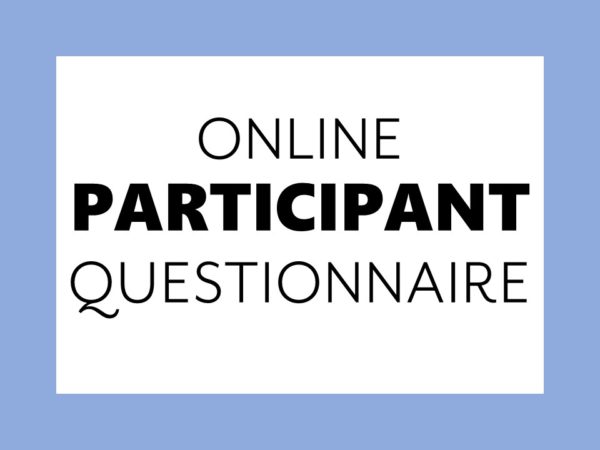Building Vibrant Communities: Evaluation Tools and Process
Overview
Reducing poverty is a complex issue that requires considerable collaboration and partnership development between government departments, community organizations, stakeholders, and all levels of government. The Government of Nova Scotia has made a 20-million-dollar five-year investment in Poverty Reduction. The goal is to support innovative projects that are designed to improve the lives of low-income Nova Scotians. The results, outcomes and approaches from these projects will be collected to help inform and guide actions for poverty reduction from 2022 onward.
How information will be used
All information provided will be shared with the Department of Community Services and the Department of Community, Culture and Heritage. The information projects provide to the evaluation will be used to identify emerging themes around poverty reduction and characteristics of promising practices for poverty reduction in the province. Quotes from the evaluation may be attributed to projects in government and public communications.
Evaluation Tools
There are four evaluation tools that are to be completed near the end of your project (within 1 month of Final Report Due Date).
| Evaluation Component | Tools | Who should be involved | Administration of Tool done by: |
| 1. Participant Questionnaire | Online version here | As many participants as possible and as appropriate | Project Lead(can offer participant online or in-person version) |
| 2. Partner Questionnaire | Online version here | 2-3 project delivery partners | Project Lead(can offer partner online or in-person option) |
| 3. BVC Final Report | Downloadable version here | Project lead | Project lead |
| 4. Final Evaluation Session | Success Evidence Strategy (SES) Tool download and SES Explainer download | Project lead, a community partner, and a small sample of participants (if possible and appropriate) | Evaluation lead (Sharon) will facilitate the 1-2 hour session; online or in-person options. Honoraria available for participants and volunteer staff |
* Participants and partners can complete the questionnaire online, or download a word.doc copy. If participants or partners use the downloadable version, please collect them and submit with your final report.
Administering Evaluation Tools
Questionnaires: Participant and partner questionnaires should be administered by the Project Staff near the end of their participation in the project. Project Staff should encourage participants to fill out a questionnaire, however, they should not be forced. In previous years of this evaluation work, some project staff supported participants with filling out the participant questionnaires – it may be helpful to let participants know it is an option if they need the support. There are no anticipated risks to the participant, however, if for any reason, a participant experiences any discomfort or concern while completing the evaluation, they may cease participation at any time. Completed participant and partner questionnaires should be submitted as part of the Final Report Package. Online options for completing the participant and partner surveys are available.
The Final Evaluation Session: This is a 1-2 hour session that can be done in-person or online and will be facilitated by myself (either in person or over Zoom). We request, when possible, that the project lead, a partner and a small sample of participants attend this session. Honoraria for childcare, travel, time, and food are available.
All Evaluation Tools should be completed near the end of your project timeline.
Submitting Evaluation Tools
Your BVC Final Report is to be submitted to: communitiesns@novascotia.ca cc: sheila.srinivasan-thomas@novascotia.ca;
All other evaluation tools (Participant and Partner Questionnaires, SES Tools) should be submitted to: salexander@inspiringcommunities.ca
Review of Survey Practices
All information collected is to remain confidential and will only be used as part of research work being carried out by Poverty Reduction and Communities, Culture, and Heritage (CCH). This means:
- no sharing of surveys,
- no tracking of who fills out the survey,
- no collecting of names or other identifying information,
- no tampering with the surveys.
- All surveys are to be collected and stored in a secure location. This means the surveys are stored in a location only accessible by the project organizer.
- Participants are to fill the survey out voluntarily.
- Project organizers should encourage participants to fill out a survey, however, they should not be forced.
- There are no anticipated risks to the participant, however, if for any reason, a participant experiences any discomfort or concern while completing the evaluation, they may cease participation at any time.
- All copies of completed evaluation questionnaires/materials should be returned at the completion of your project.
Questions or concerns regarding project timelines or project changes should be directed to Sheila Srinivasan-Thomas @ Sheila.Srinivasan-Thomas@novascotia.ca
Questions or concerns regarding the evaluation should be directed to Sharon Alexander @ salexander@inspiringcommunities.ca

